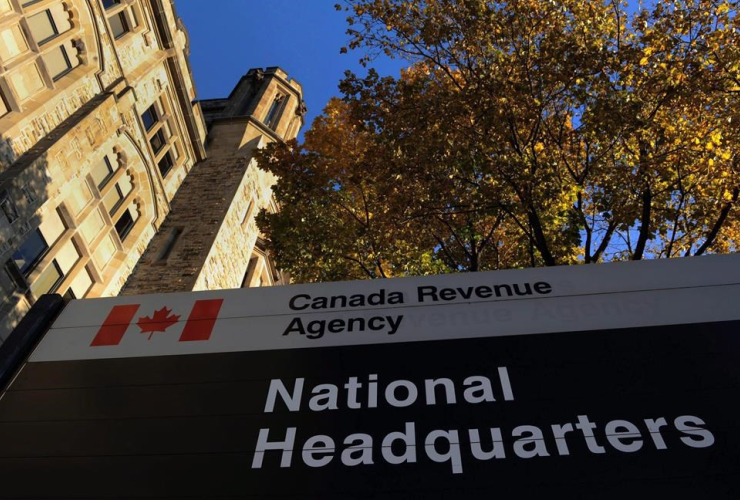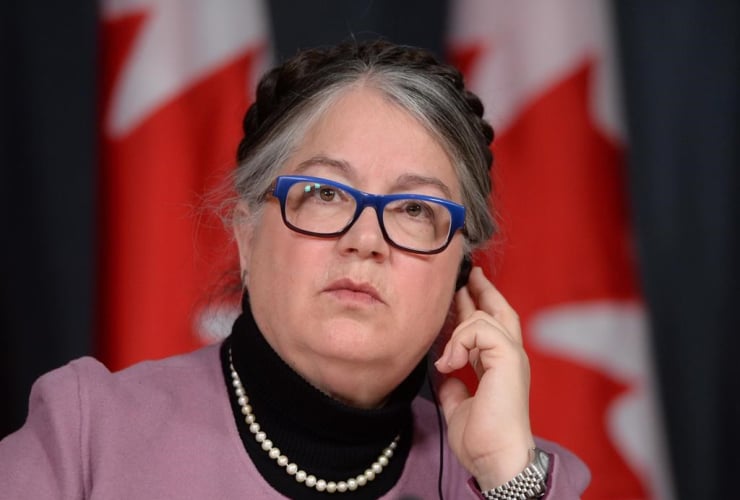The federal government has begun making payments to confidential informants for intelligence that has so far brought in more than $19 million from offshore tax evaders.
The Canada Revenue Agency issued the first rewards under its offshore tax-informant program between April 2018 and the end of March this year, newly released documents say.
The program was launched five years ago amid public pressure to find and penalize Canadians who improperly use offshore accounts to avoid paying their fair share of tax to Ottawa.
The revenue agency says it cannot disclose the specific amounts paid to informants because that data could potentially reveal their identities.
However, under the program, the reward is between five and 15 per cent of the federal tax collected in cases where the amount assessed and recouped exceeds $100,000.
The latest data on the informant program was recently presented to the House of Commons in response to written questions from New Democrat MP Pierre-Luc Dusseault.
The absence of additional details about the actual payouts makes it impossible to gauge the value of the informant program, Dusseault said in an interview Monday. The agency could have disclosed aggregate figures without compromising the identity of informants, he said.
"We can't really judge, by this answer, the effectiveness of the program itself."
The Sherbrooke, Que., MP is unimpressed that it took the agency five years to recoup $19 million. "By the numbers, it doesn't seem like it's working too well."
The revenue agency says it received 1,431 calls as of March 31 this year to a hotline set up five years ago to field tips about offshore tax evasion. If it appears the case generally meets the program criteria, the caller is given a case number and instructions on how to submit information.
A total of 425 taxpayers have been singled out for offshore non-compliance audits based on intelligence gleaned from informants, the agency says. It suggests the investigations underway could involve unreported income in the hundreds of millions of dollars.
The agency cautions it might take several years from the date an informant enters into a contract with the agency until the additional federal tax is assessed, the taxpayer's appeal rights have expired and the amount owing is collected.
Dusseault said he is skeptical the program will yield large sums of money for the federal treasury, pointing to the lack of success in prosecuting Canadians for offshore tax evasion in the courts.
It is encouraging that the revenue agency is beginning to recoup some money from offshore tax dodgers, said Toby Sanger, executive director of Canadian for Tax Fairness, a not-for-profit, non-partisan organization that pushes for progressive tax policies.
However, Sanger said he too would like to see more figures about operations, including how many of the informants are Canadian, given that the program is open to people from other countries.
"I'm just surprised that they don't publicize this information on an annual basis."





Comments